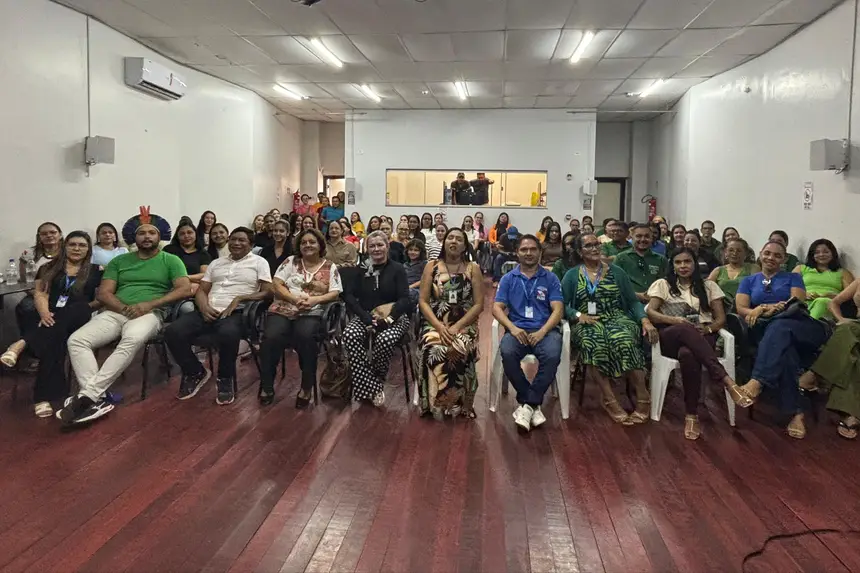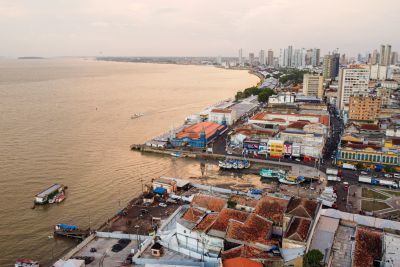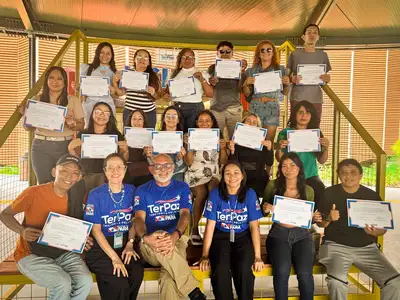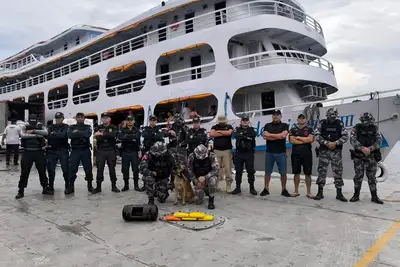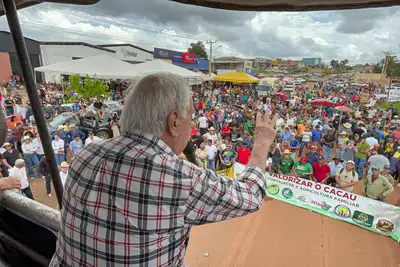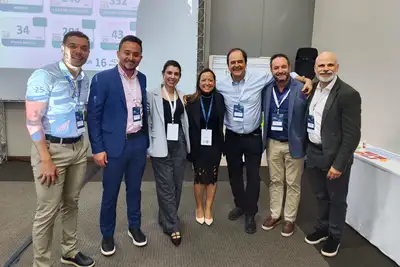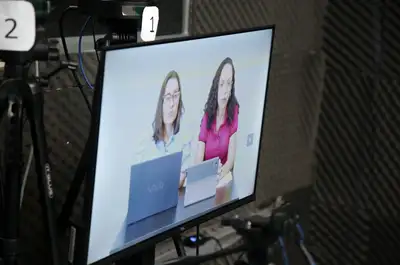Pará strengthens social assistance for indigenous peoples in the Araguaia region
In an integrated action, Sepi, Seaster, Funai, and DSEI build a pioneering flowchart to expand indigenous peoples' access to public policies
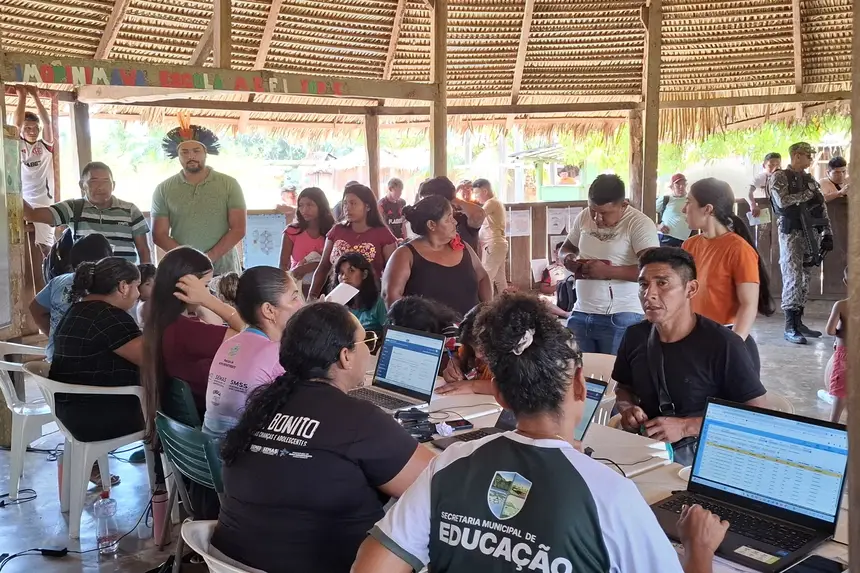
This August, the State Secretariat for Indigenous Peoples (Sepi), in partnership with the Secretariat of Social Assistance, Labor, Employment, and Income (Seaster), the National Foundation for Indigenous Peoples (Funai), and the Special Indigenous Health District (DSEI), visited the municipalities of Redenção, Pau D’Arco, Santana do Araguaia, Cumaru do Norte, Ourilândia do Norte, and São Félix do Xingu in the Araguaia region.
The initiative aimed to build and implement a flowchart focused on indigenous issues, with an emphasis on guaranteeing and strengthening social assistance for indigenous peoples in the region. The agendas included meetings, technical visits, and listening sessions with leaders, aiming to expand access to rights and effectively and continuously integrate services.
“We are living a historic moment. It is not common to see the presence of social assistance for indigenous peoples; it is more frequent in health, education, or sports. Thanks to the partnership with other secretariats and agencies, we are promoting social inclusion, with actions in various areas. One example is CadÚnico, which is not just Bolsa Família, but a network of programs of great importance. Social assistance is also a right of indigenous peoples. We continue to work to reach the entire State, ensuring that public policies reach the communities that need them most and that indigenous rights are respected,” highlighted the deputy secretary of Sepi, Wiratan Sompré.
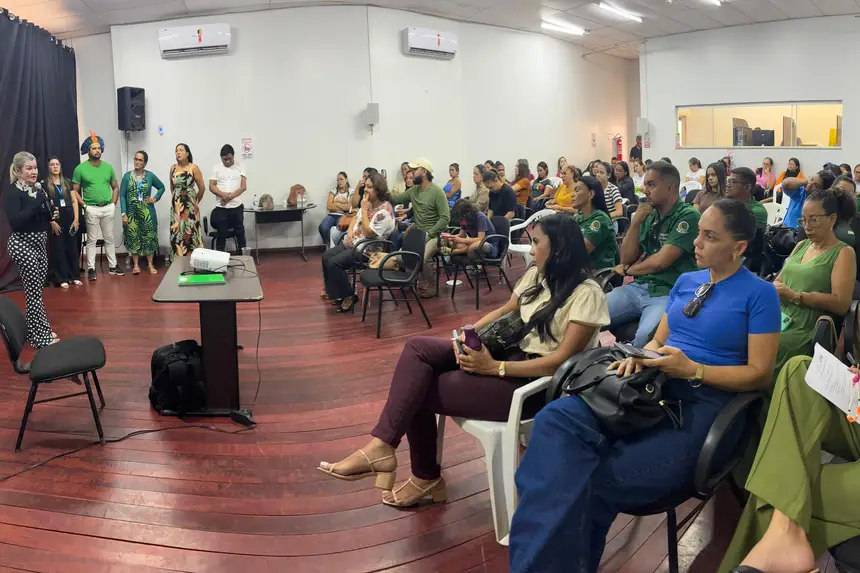
The action was built with the direct participation of the communities and received support from municipal secretariats of social assistance, health, and education. For Elizabete Marques, the reference technician for indigenous issues at Seaster, dialogue and partnership are essential to ensure concrete results.
“Strengthening partnerships is essential for access to social policies to reach the indigenous population. The construction has been done with them and for them. This is the first region we are starting in, and we believe that, with this dialogue between networks, we will become stronger to ensure social assistance to those who need it, including the indigenous population,” she stated.
In addition to the technical work, indigenous leaders also emphasized the importance of initiatives like this for strengthening citizenship and autonomy. For Sandro Kayapó, the actions represent more than just a one-time service.
“We are building pathways for our people to access what is our right. Social assistance needs to be present in the territories, just like health and education. That is how we ensure a better future for our children and youth,” he said.
The program concluded in São Félix do Xingu, but the actions are expected to be taken to other regions of Pará, with the aim of consolidating the full access of indigenous peoples to public policies and permanently strengthening the social protection network in the State.


